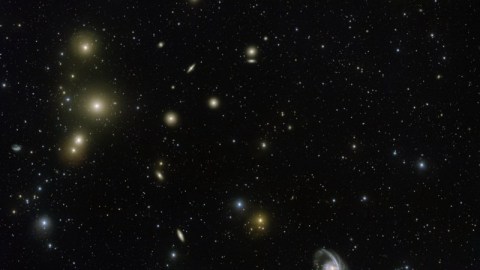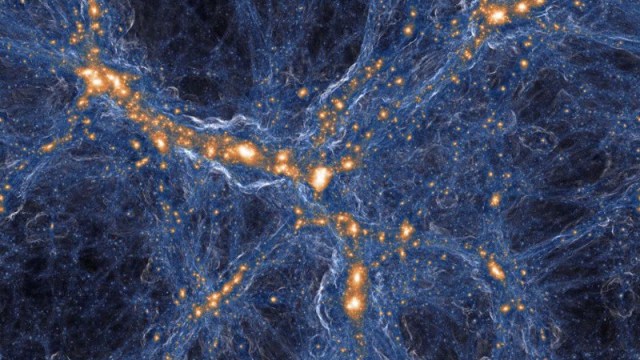Starts With A Bang Podcast #69 — Machine Learning In Astronomy

We can do so much more, so much faster, with the same data.
When you think about how astronomy works, you probably think about observers pointing telescopes at objects, collecting data about their properties, and then analyzing that data to determine what those objects are truly like, and to infer what they can teach or show us about the Universe. But that’s a rather old-fashioned way of doing things: one that’s contingent on there being enough astronomers to examine all of that data manually. What do we do in this new era of big data in astronomy, where there aren’t enough astronomers on Earth to even look at all of the data by hand?
The way we deal with it is fascinating, and involves a mix of statistics, classical analysis and categorization, and novel techniques like machine learning and simulating mock catalogues to “train” an artificial intelligence. Perhaps the most exciting aspect is how thoroughly the best of these applications continuously outperform, in both quality and speed, any of the manual techniques we’ve used previously. Here to walk us through this exciting and emerging field of machine learning in astronomy is Sankalp Gilda, PhD candidate and astronomer from the University of Florida.
We’ve got a great 90 minutes here for you, so buckle up and enjoy the ride!
Starts With A Bang is written by Ethan Siegel, Ph.D., author of Beyond The Galaxy, and Treknology: The Science of Star Trek from Tricorders to Warp Drive.





